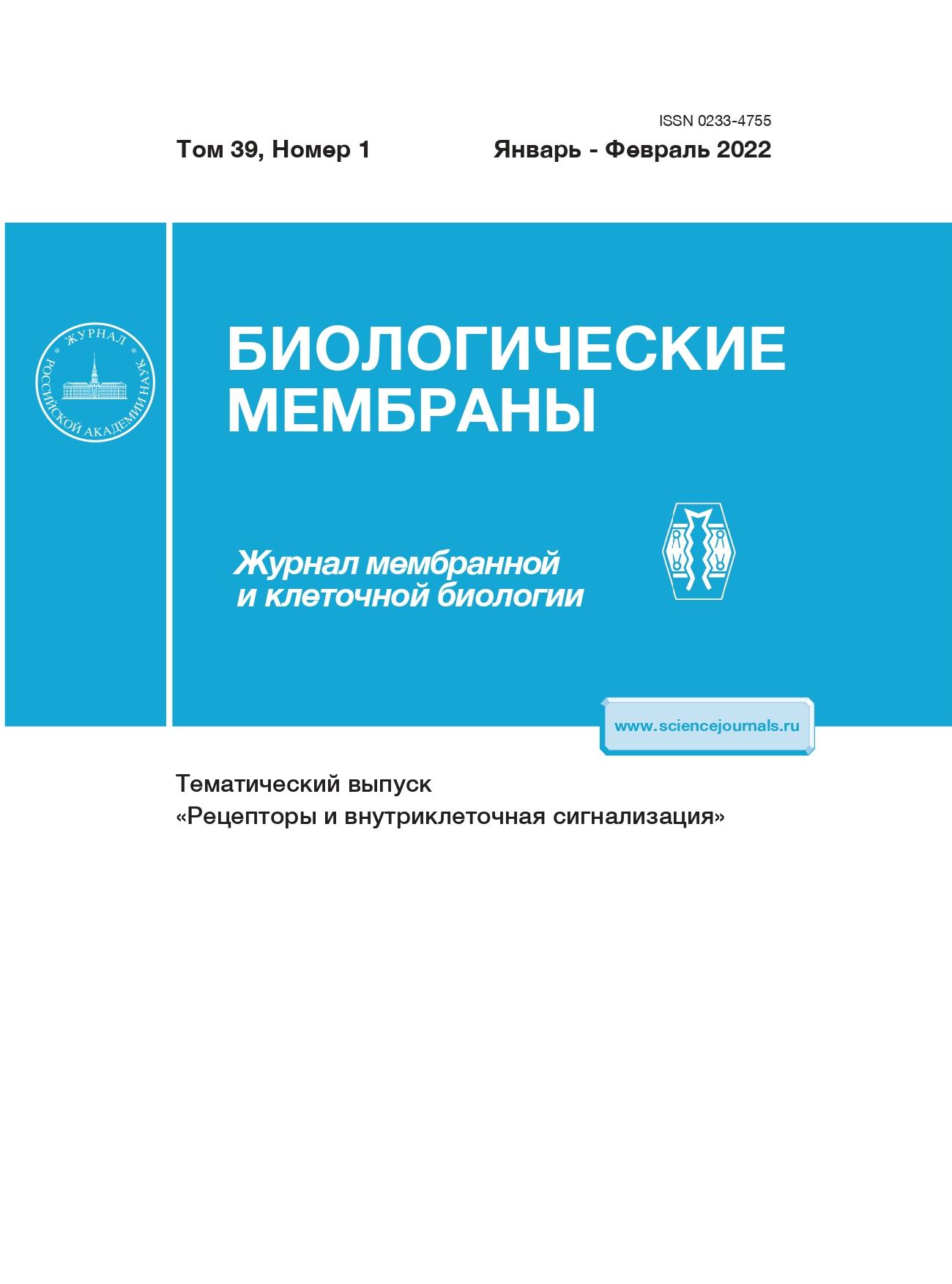
BIOLOGICHESKIE MEMBRANY
Journal of Membrane and Cell Biology

Journal of Membrane and Cell Biology
P. V. Iliasov, L. V. Limareva, A. P. Kuricyna
Biochemistry (Moscow), Supplement Series A: Membrane and Cell Biology. 2023;17(4):269-275
Pages: 269-275
Myeloid-derived suppressor cells (MDSCs) are a heterogeneous population of immature myeloid cells that play a critical role in immune suppression, particularly in cancer and chronic inflammation. Human Chorionic Gonadotropin (hCG), a hormone primarily known for its role in pregnancy, has been implicated in immunomodulation. This study investigated the direct effects of hCG on the differentiation and functional activity of MDSCs, a process central to cellular immunity and membrane signaling pathways. MDSCs were isolated from peripheral blood mononuclear cells and cultured *in vitro* with varying concentrations of hCG. Differentiation was assessed by flow cytometry analysis of surface markers (e.g., CD11b, Gr-1), while functional activity was measured by their capacity to suppress T-cell proliferation. Key findings indicate that hCG significantly promotes the differentiation of MDSCs into a more suppressive phenotype, characterized by increased expression of arginase-1 and iNOS. Furthermore, hCG-treated MDSCs exhibited a markedly enhanced ability to inhibit T-cell activation, suggesting a direct regulatory role for the hormone. These effects are likely mediated through the Luteinizing Hormone/Chorionic Gonadotropin Receptor (LHCGR) on the MDSC membrane, influencing downstream signaling cascades critical for myeloid cell fate. This research highlights a novel mechanism by which hCG may contribute to immune tolerance and provides a potential therapeutic target for modulating MDSC activity in pathological conditions.